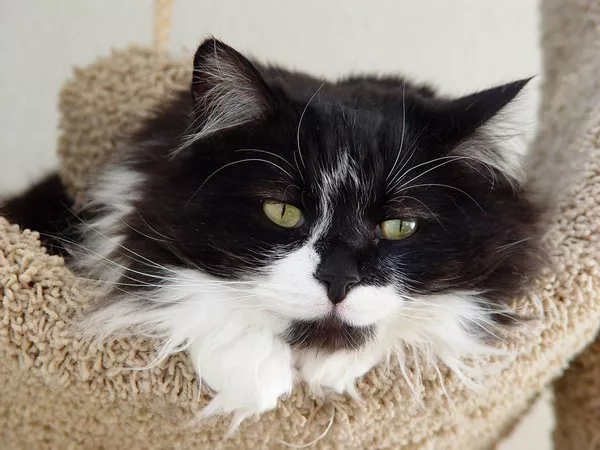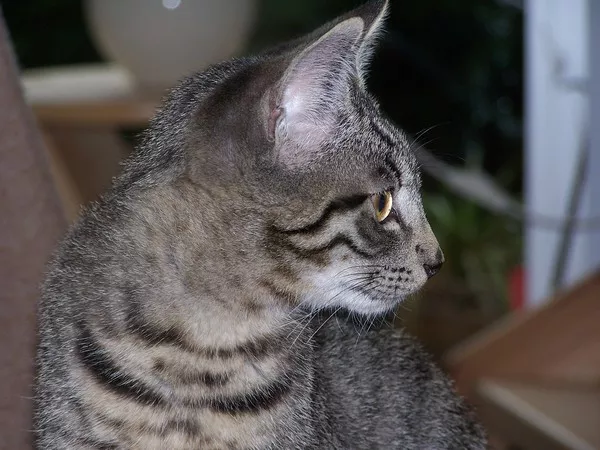Welcoming a kitten into your home is an exhilarating experience, and as a responsible pet owner, ensuring your new feline friend receives the best nutrition is paramount. A kitten’s first year is a crucial period for growth and development, and providing the right foods plays a vital role in fostering optimal health. In this comprehensive guide, we explore eight essential foods to feed your kitten during her first year, offering a mix of commercial diets and homemade options for a well-rounded nutritional approach.
Understanding Kitten Nutrition
Before we delve into the specific foods, it’s crucial to understand the nutritional requirements of a growing kitten. The first year of a cat‘s life is marked by rapid development, making it imperative to provide a diet that supports bone growth, muscle development, and overall well-being.
8 Foods to Feed Your Kitten in Her First Year
We sought insights from Dr. Sarah Miller, a renowned feline nutrition specialist, to shed light on the unique dietary needs of kittens. Dr. Miller emphasizes the importance of a balanced diet rich in high-quality protein, essential fatty acids, vitamins, and minerals. She also advises pet owners to choose foods that are specifically formulated for kittens to ensure they receive the appropriate nutrients in the right proportions.
1. High-Quality Kitten Dry Food
Commercial kitten dry food is a convenient and nutritionally balanced option for pet owners. Look for brands that list a quality protein source as the primary ingredient, such as chicken or fish. Additionally, ensure the formula includes essential nutrients like taurine, DHA, and omega-3 fatty acids, which are crucial for vision, brain development, and overall health.
2. Wet Kitten Food
Wet kitten food is an excellent addition to your feline’s diet, providing hydration along with essential nutrients. Opt for high-quality canned options that contain real meat as the main ingredient. The moisture content in wet food supports urinary health and helps prevent dehydration, which can be a concern with dry diets.
3. Homemade Cooked Chicken or Turkey
For pet owners who prefer a more hands-on approach, homemade cooked chicken or turkey can be a wholesome addition to your kitten’s diet. Ensure the meat is cooked thoroughly, boneless, and free from seasonings or additives. This provides a natural source of protein and can be a great way to introduce variety into your kitten’s meals.
4. Boiled Eggs
Eggs are a nutrient-dense and easily digestible food that can be beneficial for a growing kitten. Boil eggs and remove the shell before offering them to your kitten. Eggs provide high-quality protein, essential amino acids, and various vitamins and minerals that contribute to overall health.
5. Kitten Milk Replacer
If you have a very young kitten, or if the mother cat is not available, a kitten milk replacer can be a lifesaver. These commercial products are specially formulated to mimic the nutritional composition of mother’s milk, providing essential nutrients crucial for the initial stages of a kitten’s life.
6. Canned Tuna in Water
While moderation is key, offering small amounts of canned tuna in water can be a tasty treat for your kitten. Tuna is rich in omega-3 fatty acids, which support heart health and contribute to a glossy coat. However, avoid tuna packed in oil or with added seasonings, as these can be harmful to your kitten’s digestive system.
7. Plain Yogurt
Plain yogurt, free from added sugars or artificial flavors, can be a source of beneficial probiotics for your kitten. Probiotics support a healthy digestive system and can be particularly useful during times of stress or when transitioning to new foods. Introduce yogurt gradually and monitor your kitten’s reaction to ensure tolerance.
8. Commercial Kitten Treats
In addition to their regular meals, offering commercial kitten treats can be a fun and rewarding way to bond with your feline companion. Look for treats that are specifically formulated for kittens and provide nutritional benefits. These treats should complement the overall diet and not exceed 10% of your kitten’s daily caloric intake.
See Also: 12 Human Foods That Are Poisonous to Cats
Conclusion
Feeding your kitten the right foods during her first year sets the foundation for a lifetime of health and happiness. From high-quality commercial kitten diets to homemade options, incorporating a variety of nutrient-rich foods ensures your feline friend receives a well-rounded and balanced diet. Remember to consult with your veterinarian to tailor your kitten’s diet to her specific needs and monitor her growth and development closely. With proper nutrition and care, you can look forward to many years of joy and companionship with your beloved furry friend.


























